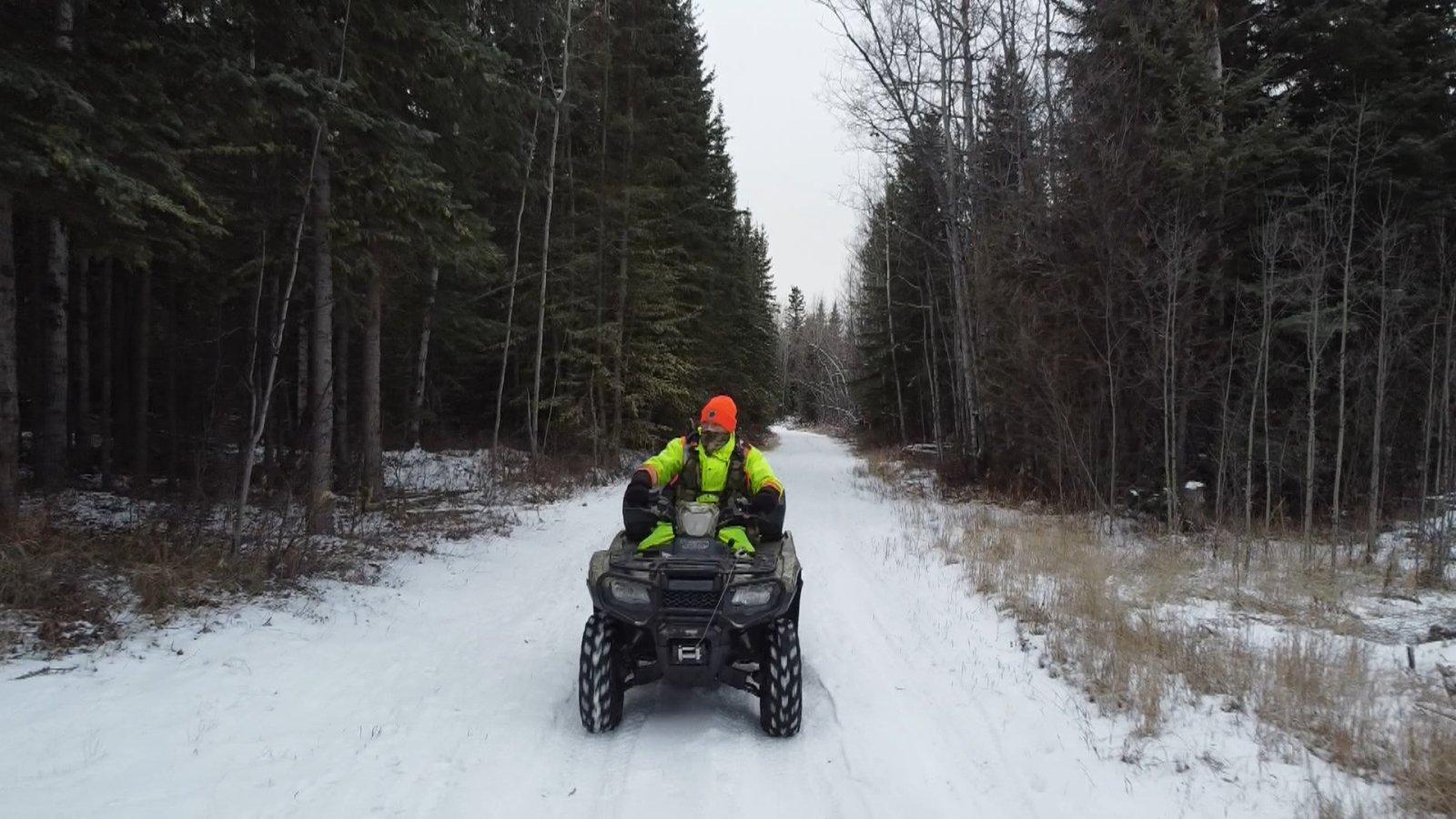...this First Nations tracker steps in: ‘I’m searching for our people’

It’s not uncommon for Mukwa Bear to get a ping on his phone, pack up his gear and hit the road with the goal of bringing someone back to their family.
An expert First Nations hunter and tracker with a wealth of experience in search and rescue, Bear has spent the past four years with his phone set to alert him when an Indigenous person goes missing.
He grew up on the trapline immersed in his culture and traditions before being taken into foster care. Many of his early skills were passed on from family with deep roots in Wabaseemoong, an Ojibwe community in Northwestern Ontario also known as Whitedog.
In Canada, research shows that Indigenous women are 400 per cent more likely than non-Indigenous women to go missing. And when they do go missing, the search is often hampered by police apathy.
“The knowledge that (Bear) brings to community is invaluable, he offers a skill set that you can’t really find anywhere,” said Cora McIntosh, general manager for Saik’uz First Nation, where Bear has spent the past month. “The willingness, compassion, kindness and caring he shows to the families is great because he’s doing it from his heart.”
His work is what led police to find missing Saik’uz member Chelsey Heron less than 1 km from where she went missing.
“I just work with the tracks of the animals that tell the stories when having to search for somebody — it’s not just track the person you’re looking for. You’re also tracking where everyone moves.”
A GoFundMe has been set up to support Bear’s search effort.
KEEP READING: https://globalnews.ca/news/10170503/first-nations-tracker-search-and-rescue-mmiwg-mmip/

























No comments:
Post a Comment
Please: Share your reaction, your thoughts, and your opinions. Be passionate, be unapologetic. Offensive remarks will not be published. We are getting more and more spam. Comments will be monitored.
Use the comment form at the bottom of this website which is private and sent direct to Trace.